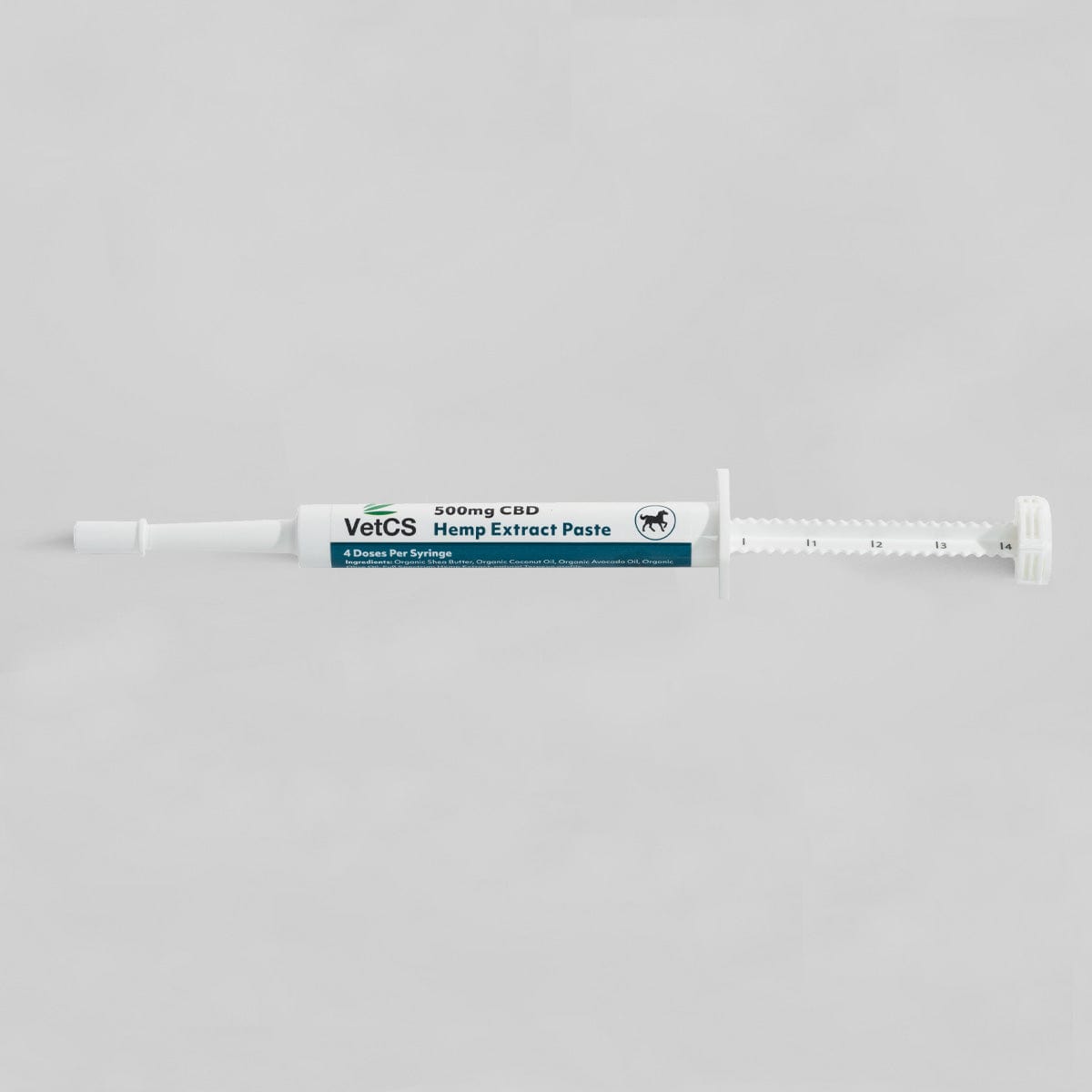In 2013, years before CBD products began appearing in the mainstream marketplace, people around the country with epilepsy were traveling to Colorado Springs to gain access to the plant compound. A number of people found that taking CBD helped reduce the frequency of their seizures and better manage their condition. The cannabinoid’s effectiveness in treating certain kinds of epilepsy even led to the development of Epidiolex, the only FDA-approved pharmaceutical containing CBD.
The CBD landscape today is much different, with an array of products on store shelves—everything from capsules to salves and beverages. And that includes products for dogs, as well.
Good news for pups that suffer from epilepsy: Just as with humans, emerging research shows that certain protocols incorporating CBD into dogs’ health care regimes can help them deal with the disruptive and often debilitating condition.

But pouring a random capsule of CBD oil or powder into a dish of dog food is no way to proceed. Treating canines with CBD should compel research, coordination with professionals and close supervision of our beloved animal companions.
Does CBD Help Dogs With Seizures?
Cannabidiol, or CBD, is found in hemp. Until the 2018 U.S. Farm Bill, the federal government treated the plant identically to cannabis, a Schedule 1 illegal drug. As a result, medical research into potential health benefits of hemp’s plant compounds was scant. Fortunately, that is changing. Labs across the country are now researching how hemp’s unique array of compounds could lead to health advantages for humans and animals.

In 2019, Colorado State University’s College of Veterinary Medicine and Biomedical Sciences published a small study assessing the effect of oral CBD administration on seizure frequency in dogs. The findings suggested that dogs treated with CBD did experience a reduction in seizure frequency, although researchers concluded that more studies are needed.
“It’s really exciting that perhaps we can start looking at CBD in the future as an alternative to existing anticonvulsive drugs,” said Dr. Stephanie McGrath, a neurologist at the university’s teaching hospital and the lead researcher behind the study.
Another study based on a clinical trial, published in 2022, concluded that “there appears to be a population of dogs that respond favorably to CBD/CBDA-rich hemp products for epileptic seizure reduction similar to other human, dog and rodent data.”
CBD for Dogs With Epilepsy
Pet owners have turned to CBD to help with myriad canine conditions. Some dog issues, like perceived anxiety, don’t necessarily require consultations with veterinary professionals prior to using CBD. But canine epilepsy is a complex condition, one that demands collaboration with medical professionals to diagnose and develop treatment plans. We highly recommend bringing your dog to your veterinarian before using CBD to help manage epilepsy symptoms.
One key issue concerning CBD for dogs with epilepsy long revolved around how CBD interacts with phenobarbital in the liver. Veterinarians routinely prescribe phenobarbital as an anticonvulsant for epileptic dogs. Too much phenobarbital in the liver can cause damage, and the concern was whether the presence of CBD in the liver would boost concentrations of phenobarbital and threaten dogs’ health.
Researchers from Colorado State University’s College of Veterinary Medicine and Biomedical Sciences and the Cummings School of Veterinary Medicine at Tufts University looked into this issue, and published their findings in 2021, showing that CBD metabolization in the liver does not affect phenobarbital concentrations in dogs.
While this is good news for pet owners with epileptic dogs, the research is ongoing. To ensure safe use of CBD along with phenobarbital, we recommend working with veterinary professionals to routinely check your dog’s liver enzyme levels.
Another worry for dog owners with epilepsy hinges on potential long-term effects of CBD on their dog’s overall health. Would CBD negatively impact markers such as blood proteins, liver enzymes, kidney values, electrolytes, calcium and indicators of anemia? Promisingly, a 2021 study published in the American Journal of Veterinary Research found that repeated CBD administration was well tolerated by dogs and adverse events were mild. All increases in serum alkaline phosphatase (ALP) were reversible, with levels returning to normal after CBD was discontinued.

Identifying proper CBD dosing for dogs with epilepsy revolves around a diversity of factors, including the size of the dog and the severity of the epilepsy and the dog’s seizures. Before using CBD to treat dogs with epilepsy, it is strongly recommended that pet owners collaborate with veterinary professionals to assess CBD dosages and craft a healthcare protocol that will address epileptic dogs’ needs while maintaining their safety and well-being. Our veterinary professionals at VetCS are always happy to work with you on this process, so please don’t hesitate to reach out.
Epilepsy stands as the most common neurological disorder among dogs, a condition that disrupts their quality of life and interferes with their ability to fully enjoy time with loving families. Veterinarians have long treated epilepsy in dogs with different medical regimes, and now they have a new tool—CBD—in their arsenal. As veterinary research into CBD and dogs continues, we look forward to more discoveries that will further benefit the lives of both dogs and their human companions alike.












